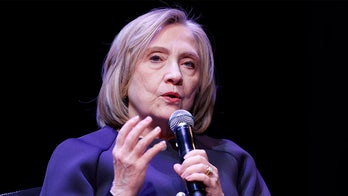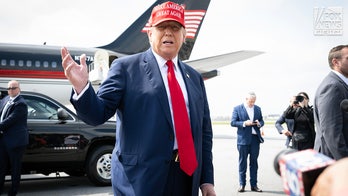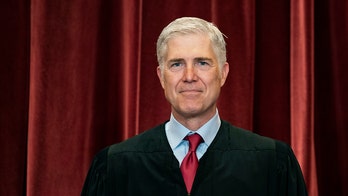Vice President Kamala Harris has not held a press conference or given a major interview since becoming the Democratic presidential nominee, prompting questions about her policy positions and whether she is avoiding scrutiny.
In the 33 days since Kamala Harris became the Democratic presidential nominee, she has remained silent on her policy positions, refusing to grant interviews or hold press conferences. This unprecedented media blackout has fueled speculation about her reasons for avoiding public scrutiny and raised concerns about her ability to withstand the pressures of a presidential campaign.
Despite calls from voters and political analysts, Harris has shown no signs of ending her self-imposed media blackout. She briefly responded to questions at a press gaggle on August 9th, but has since remained elusive. Her silence has been particularly noticeable in light of her opponent, former President Trump, who has actively courted the media with interviews and press conferences.

Kamala Harris' Media Blackout Continues, Sparking Speculation
Harris's reluctance to face substantive questions stems from a history of struggling when confronted with tough inquiries. In past interviews, she has appeared uncomfortable, laughing uncomfortably, or providing confusing answers. Notably, in 2021, she stumbled when asked about border security and infamously joked about not having visited Europe either.
Critics have questioned Harris's ability to handle the challenges of the presidency if she is unwilling to face the media. They argue that her refusal to answer questions demonstrates a lack of transparency and accountability, which are essential qualities for a prospective leader.

Kamala Harris' Media Blackout Continues, Sparking Speculation
The Wall Street Journal editorial board has criticized Harris's Democratic National Convention (DNC) speech for lacking substance and resorting to "falsehoods." The board questioned her ability to maintain her "unexplained and unexposed" status for the next 12 weeks and expressed doubts about her electability.
Harris's media blackout has also drawn comparisons to Hillary Clinton's 2016 presidential campaign. In the final months of that election, Clinton was criticized for being guarded and inaccessible to the press. Some analysts believe that Harris may be employing a similar strategy, prioritizing controlled messaging over public scrutiny.

Kamala Harris' Media Blackout Continues, Sparking Speculation
However, some media members have suggested that Harris's strategy may be effective. CNN's Erin Burnett questioned whether she should ignore calls for interviews and continue her current approach. The Harris campaign has defended its strategy, stating that it is focused on reaching voters through paid media, grassroots organizing, and targeted interviews.
Amidst the speculation and criticism, Harris's GOP vice-presidential candidate, Sen. JD Vance, has urged her to "do the job of a presidential candidate" and engage with the media. He has spoken with several outlets in recent weeks, showcasing his willingness to answer questions.

Kamala Harris' Media Blackout Continues, Sparking Speculation
As the presidential campaign enters its final stretch, all eyes will be on Harris to see if she breaks her silence or continues her media blackout. The outcome of this election may hinge on her ability to articulate her policy positions and demonstrate her readiness for the presidency.










